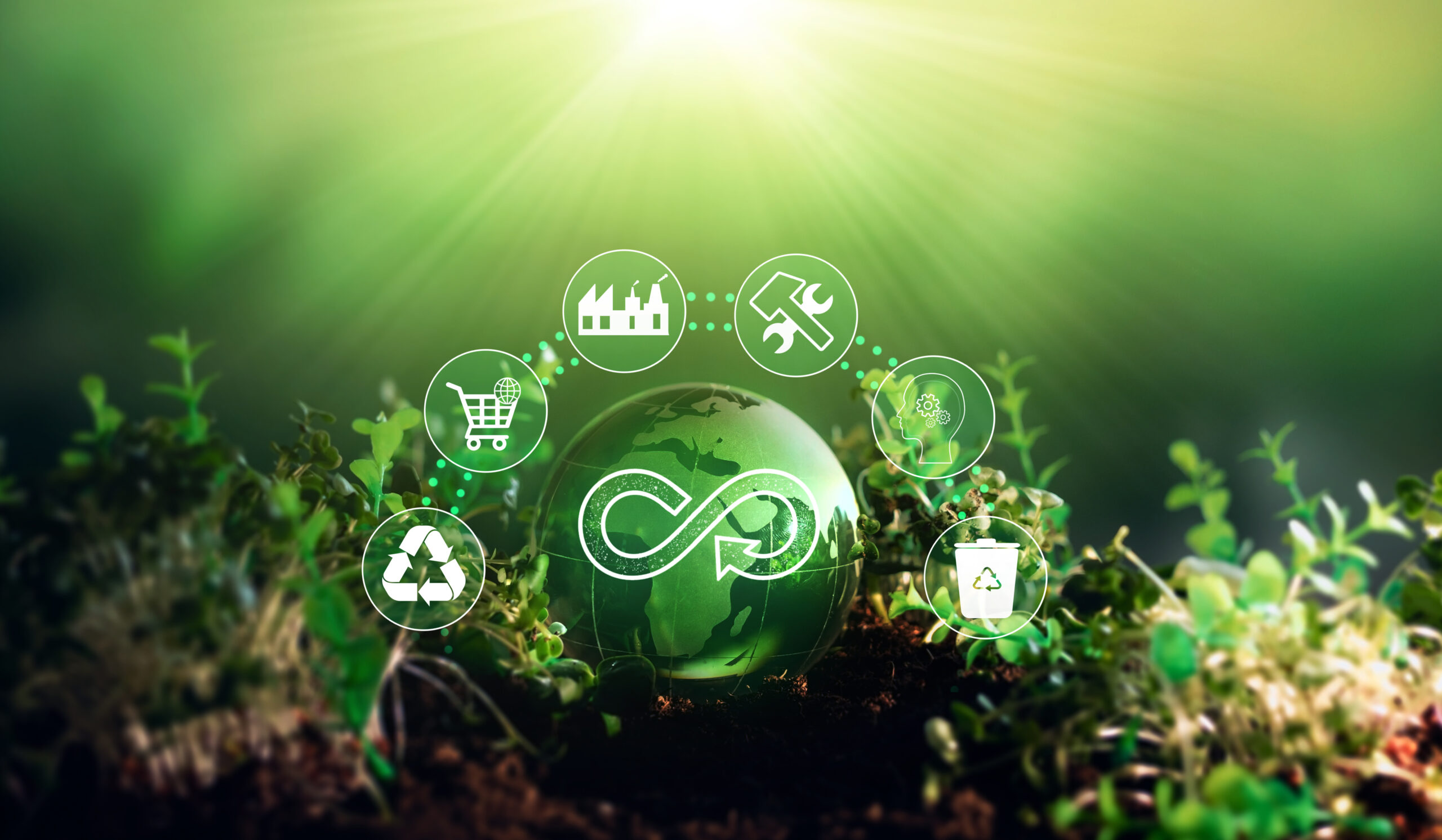Glove Intelligent Assistant
05.09.2023

With the current effects of climate change and global warming, many organizations – even everyday consumers – are trying to find alternative, environmentally sustainable practices to reduce their carbon footprint. It is not a surprise that many companies are doing the same. As this blog has discussed previously, everyday consumers are more inclined to purchase products that have a net positive impact on the environment.
A biobased product is a product that is made from renewable biological resources, such as plants, animals, and microorganisms. Biobased products can be used in a variety of applications, including packaging, textiles, cosmetics, and fuels. These products are different from those made from fossil fuels, such as oil and gas, which are non-renewable resources.
The use of biobased products has become increasingly popular in recent years due to their environmental benefits. They are often considered more sustainable than non-biobased products because they can help reduce greenhouse gas emissions and minimize reliance on non-renewable resources. Additionally, biobased products can be biodegradable and compostable, which can help reduce waste and pollution.
In a circular economy, the goal is to keep materials in use for as long as possible. Biobased products can help achieve this by providing a source of renewable feedstocks that can be used to create new products. For example, bioplastics made from biobased materials such as corn, sugarcane, or cellulose can be used to make packaging. After use, these bioplastics can be composted or recycled to create new bioplastics, creating a closed-loop system.

The use of biobased products in a circular economy can also help reduce waste. For example, waste from the food industry, such as vegetable and fruit peels, can be used to produce bioplastics or biofuels. This reduces waste and creates a valuable resource for producing biobased products.
Moreover, the production of biobased products can also generate new economic opportunities and jobs. The shift to a biobased and circular economy requires innovation and new technologies, which can create new business opportunities and drive economic growth. This includes developing new feedstocks, improving production processes, and creating new products and services.
One of the most significant dangers of our reliance on petroleum-based products is climate change. The burning of fossil fuels such as oil, gas, and coal releases large amounts of carbon dioxide into the atmosphere, which is a significant contributor to global warming. Climate change has resulted in more frequent and intense extreme weather events, sea level rise, and other environmental problems that threaten human health, food security, and ecosystems.

In addition to contributing to climate change, the extraction and production of petroleum-based products also have significant environmental impacts. The extraction of oil can cause habitat destruction, water pollution, and other environmental damage, affecting the health of ecosystems and biodiversity. Moreover, the production of petroleum-based products, such as plastics, generates large amounts of waste and pollution, much of which ends up in the oceans and harms marine life.
The dependence on petroleum-based products also poses significant economic risks. The price of oil is volatile, and its production and transport can be disrupted by political instability, natural disasters, or accidents. This can lead to sudden and significant price fluctuations, which can have adverse impacts on businesses and consumers.
Finally, the use of petroleum-based products poses significant health risks to humans. Exposure to pollutants from burning fossil fuels, such as particulate matter, nitrogen oxides, and volatile organic compounds, can cause respiratory problems, heart disease, and other health problems. Moreover, the production of chemicals and plastics from petroleum-based products can also pose health risks to workers and communities living near production facilities.
In conclusion, our dependence on petroleum-based products poses several dangers, including contributing to climate change, causing environmental damage, posing economic risks, and threatening human health. It is therefore essential to transition to a more sustainable and diversified energy and product mix to reduce these risks and ensure a more sustainable future.